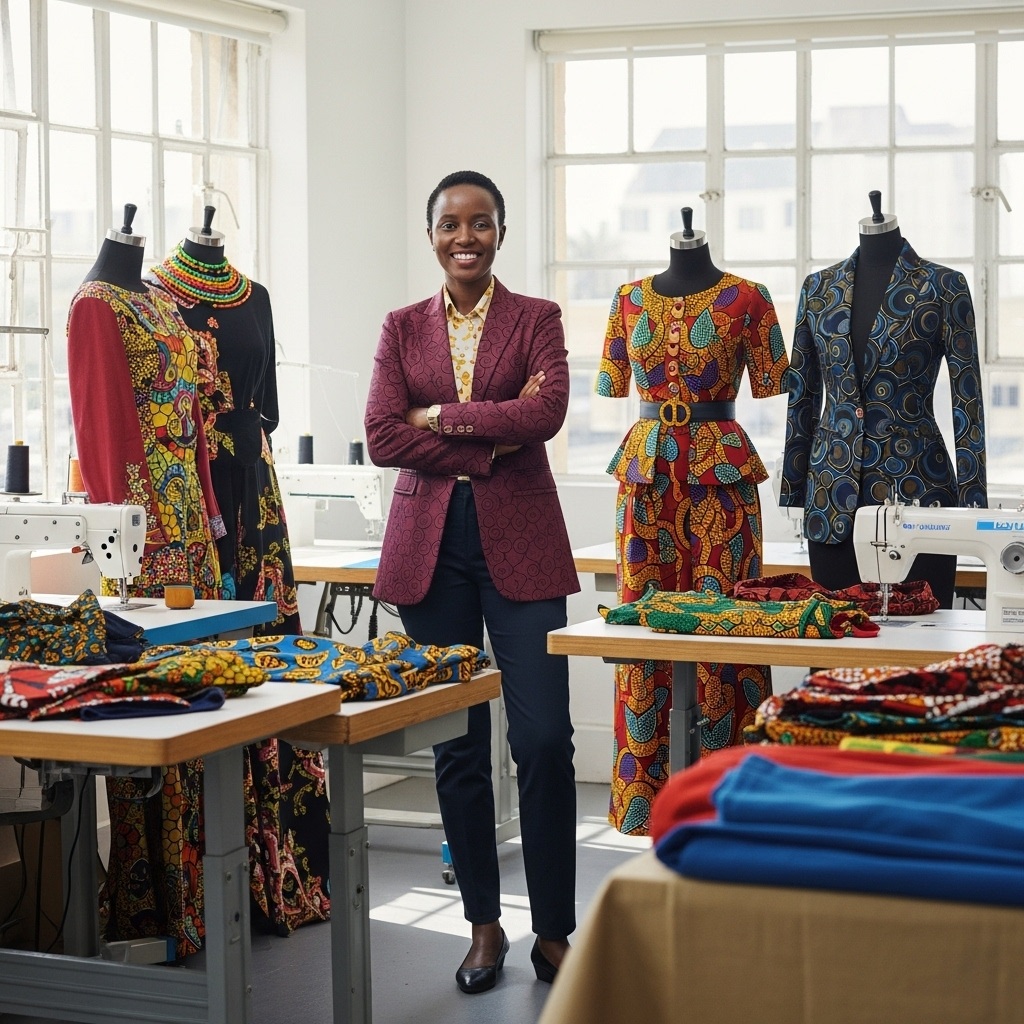Africa Fashion Week Insights: Tracing the Pulse of Africa’s Fashion Evolution
Setting the Stage for Africa Fashion Week
Africa Fashion Week has grown into one of the most influential gatherings on the global fashion calendar. What started as a platform to give African designers visibility has matured into an arena where tradition converses with modernity, and heritage fabrics sit confidently beside futuristic silhouettes. Africa Fashion Week Insights reveal not only the creative direction of the continent but also how African fashion is carving a place in the wider international narrative.
The event operates as more than just a runway spectacle. It serves as a cultural statement, a business hub, and a networking ground for designers, models, artisans, and entrepreneurs. Much like a heartbeat that keeps time for an entire organism, Africa Fashion Week pumps fresh energy into both local and global fashion systems.
Africa Fashion Week Insights: Where Culture Meets Commerce
At its core, the week bridges artistry with commerce. Designers from across the continent—whether hailing from Lagos, Nairobi, Kampala, or Johannesburg—come together to showcase collections that are deeply connected to cultural roots while being market-ready for international buyers.
-
Heritage fabrics such as kente, ankara, barkcloth, and shweshwe are not just decorative. They tell stories of lineage, resilience, and belonging.
-
Modern tailoring techniques ensure that these fabrics can compete with global standards in cut, fit, and finish.
-
Business forums and workshops during the event create avenues for collaboration between designers, investors, and manufacturers.
This interplay ensures that African fashion is no longer viewed as an occasional spectacle but as a consistent contributor to global fashion economics.
The Runway as a Cultural Canvas
Africa Fashion Week is often compared to a live mural in motion. Every model becomes a brushstroke, every collection a chapter, and every designer a historian. Through the runway, spectators are not just shown clothing—they are immersed in narratives of identity, gender, sustainability, and innovation.
For example, collections frequently blend futuristic cuts with indigenous beadwork, reflecting Africa’s capacity to honor its past while engaging with global conversations about modern style. Such contrasts remind audiences that Africa is not a single story but a collection of voices, textures, and rhythms.
Africa Fashion Week and the Global Dialogue
Africa Fashion Week Insights highlight how the event functions as an international dialogue. Western buyers and fashion journalists attend not as gatekeepers but as collaborators seeking fresh voices.
The global appetite for African aesthetics continues to grow, evidenced by luxury brands collaborating with African artisans or borrowing motifs from the continent’s textile traditions. This renewed interest demonstrates how African creativity is influencing wider markets in accessories, footwear, and sustainable fashion.
What sets Africa Fashion Week apart is that it doesn’t attempt to imitate European or American platforms. Instead, it sets its own rhythm—drums, spoken word, cultural performances, and live art installations accompany the fashion shows, ensuring an authentic expression of African spirit.
Business and Innovation at Africa Fashion Week
While the glamour of the runway captures headlines, behind the scenes, the event functions as a trade fair. Discussions range from sustainable textile sourcing to digital retail strategies. These business exchanges have led to:
-
Export opportunities for African designers in global boutiques.
-
Collaborations between African fabric producers and international labels.
-
Educational partnerships linking fashion schools across continents.
By combining creativity with commerce, Africa Fashion Week is helping African designers move from local recognition to global profitability.
Sustainability and Responsibility in Fashion
One of the strongest threads running through Africa Fashion Week Insights is sustainability. Designers are increasingly adopting eco-friendly practices such as recycling fabrics, natural dyeing, and promoting slow fashion.
In many ways, African designers are ahead of the curve. Recycling and repurposing have long been part of African communities, where clothing often takes multiple life cycles. By formalizing these traditions into structured sustainability models, Africa Fashion Week shows that style and responsibility can walk the runway hand in hand.
The Role of Young Designers
Emerging designers bring fresh perspectives, often blending streetwear influences with indigenous patterns. They are not afraid to experiment—pairing sneakers with agbadas, or hoodies with woven wraps. This youthful energy injects vibrancy into the shows and ensures that Africa Fashion Week appeals to both older audiences and the global youth culture.
This focus on youth signals continuity—passing the torch from veteran designers to a new generation determined to keep Africa’s fashion voice resonant on global stages.
Africa Fashion Week as a Cultural Export
Fashion is soft power. Just as Nollywood and Afrobeat have captured international audiences, African fashion is building its own export identity. The allure of African fashion lies in its storytelling capacity—every outfit is not just a garment but a manifesto of identity.
Global celebrities wearing African designs on red carpets—from Hollywood premieres to international music awards—have amplified Africa Fashion Week’s influence. It signals that African designers are not confined to regional runways but are ready for global stardom.
Frequently Asked Questions (FAQs) about Africa Fashion Week Insights
1. What is the purpose of Africa Fashion Week?
Africa Fashion Week provides a platform for African designers to showcase their work, connect with global buyers, and highlight cultural heritage through fashion.
2. How does Africa Fashion Week support designers?
It offers runway shows, exhibitions, workshops, and networking opportunities that help designers reach broader markets.
3. Which countries participate in Africa Fashion Week?
Designers from across Africa—including Nigeria, Kenya, South Africa, Ghana, and Uganda—regularly participate, alongside diaspora creatives.
4. Why are Africa Fashion Week Insights important?
They provide analysis on cultural trends, business opportunities, and the global reception of African fashion.
5. How does Africa Fashion Week promote sustainability?
Many designers use recycled fabrics, natural dyes and advocate for slow fashion practices rooted in traditional African lifestyles.
6. Is Africa Fashion Week only about clothing?
No. It includes accessories, footwear, jewelry, and lifestyle products that reflect African creativity.
7. Can upcoming designers take part in Africa Fashion Week?
Yes. The event dedicates spaces for emerging designers to showcase their talent and gain international exposure.
8. What makes Africa Fashion Week unique compared to other fashion events?
Its fusion of cultural performances, indigenous textiles, and storytelling sets it apart from European or American fashion weeks.
9. How does Africa Fashion Week impact local economies?
By creating job opportunities for artisans, boosting tourism, and expanding markets for designers, it significantly contributes to local industries.
10. Where can I follow Africa Fashion Week updates?
You can follow on official websites like Africa Fashion Week London or check coverage on fashion platforms such as Vogue.






